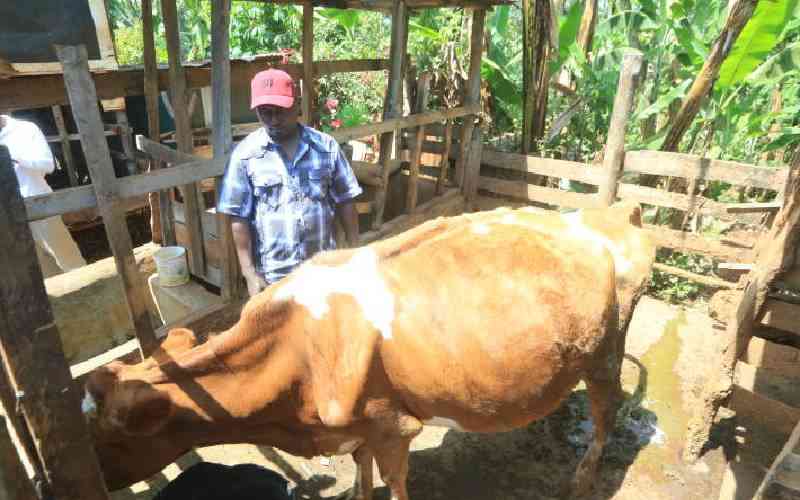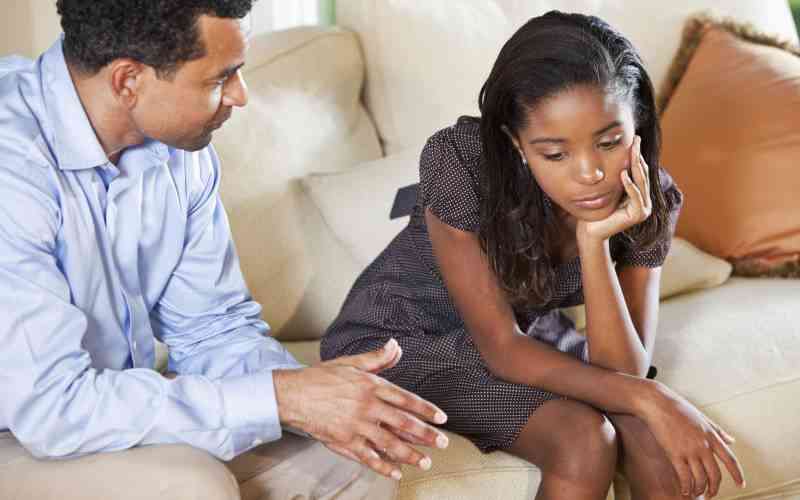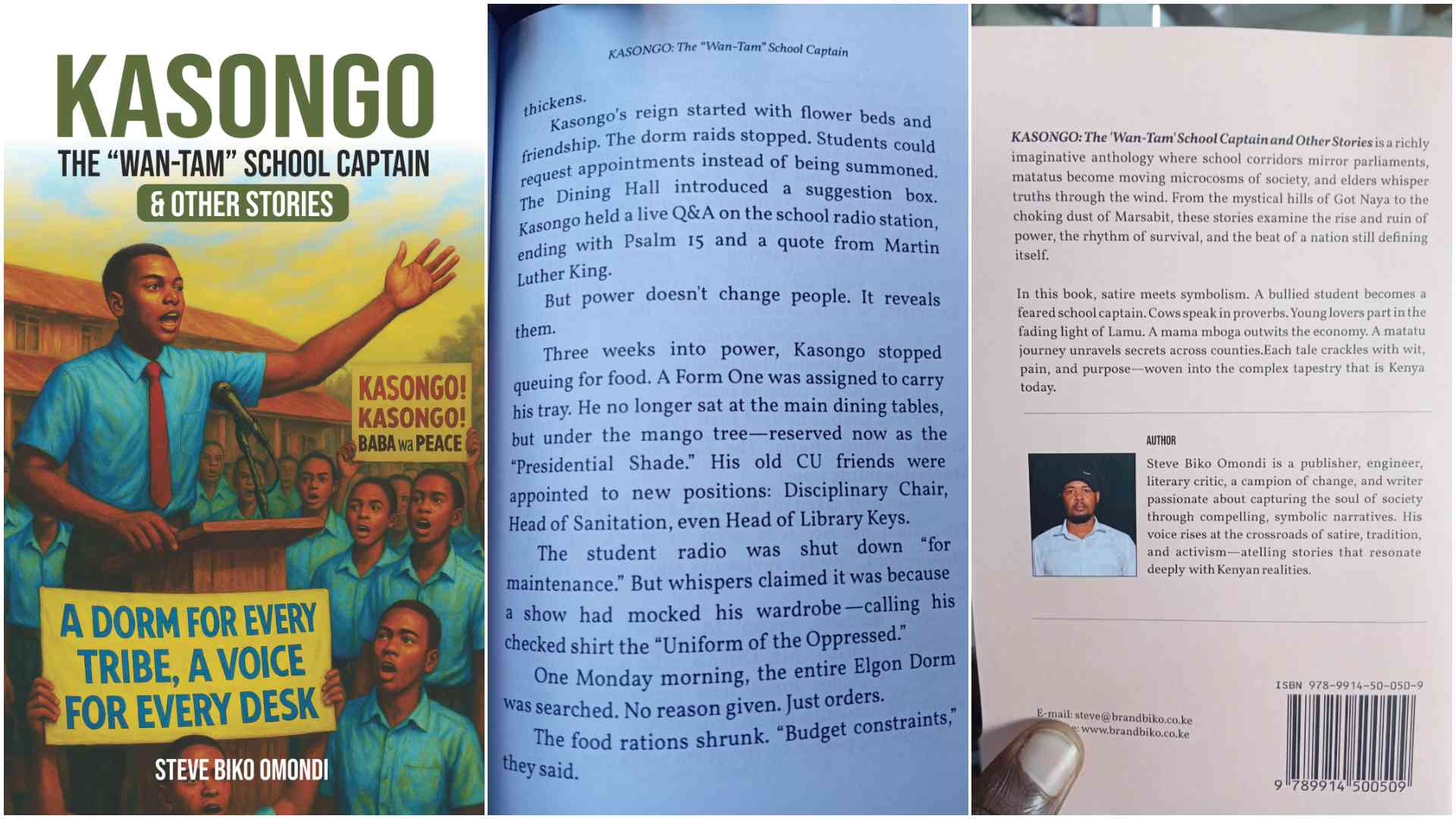
It is 10.30 p.m. and 12-year-old Jayden Mworia is struggling to make sense of his mathematics homework assignment. The kitchen table is cluttered with worksheets and half-eaten snacks. Jayden is frowning with frustration at the prospect of his teacher’s wrath if he does not find the answers.
‘Why does everything feel harder now?’ Jayden mutters, tapping his pencil against the desk. His tone carries more exhaustion than complaint.
His 39-year-old mother, Terry Mworia, exhales slowly, her eyes shifting to the open UNICEF report on her phone. The numbers are staggering: learning loss, declining mental well-being and rising childhood obesity. These are cold statistics, yet they somehow describe her household.
She reaches over and nudges Jayden’s shoulder. ‘It’s not just you, love.’ The world slowed down, and now it’s trying to catch up. We will figure this out together.’
Three years after the world slowly emerged from the pandemic, a troubling reality is setting in: Children are not bouncing back in the way parents had hoped.
According to UNICEF’s latest Report Card 19: Child Well-being in an Unpredictable World, children in some of the wealthiest nations have fallen behind academically, emotionally, and physically, raising urgent concerns for parents worldwide.
While the report focuses on Organisation for Economic Co-operation and Development (OECD) and EU countries, the themes echo across continents, offering critical lessons for Kenyan parents navigating their own post-pandemic reality.
Jerusha Otieno, a child psychology expert, says there are lessons for parents to learn and implement to address the concerns raised by UNICEF’s latest report (Report Card 19: Child Well-being in an Unpredictable World).
“The Report raises many concerns in thematic areas, mainly education, mental well-being, physical health, and building resilience in an uncertain world,” says Jerusha.
Jerusha and other experts highlight what parents can do to “redeem” the mentioned areas in the report as follows:
The report finds that school closures resulted in learning setbacks of seven months to a year for many students. The hardest hit? Children from disadvantaged backgrounds, widening the education gap between social classes.
“Parents should also encourage curiosity, as learning is not just about textbooks. Children should be exposed to interactive experiences like museum visits, documentaries, and real-world problem-solving,” says the expert, adding that they should be allowed to make use of digital resources, free online courses, and apps that can reinforce lost skills.
The Report says children’s life satisfaction declined in 14 countries, with signs of heightened anxiety, isolation, and emotional distress. The shift in routine, loss of social interaction, and increased screen time took a toll on their emotional health.
For Fred Mbaabu, a father of three teenagers, life post-pandemic felt like raising a different set of children.
Stay informed. Subscribe to our newsletter
“My son used to be outgoing, lively; now, he struggles with anxiety. Small tasks overwhelm him, and I only realised it after his teacher pointed it out,” says Mbaabu.
Lisa Wanjiro, a child counsellor and family coach, has an answer for the anxious father and other parents.
Lisa explains that sometimes, a child’s acting out is a cry for help. Parents should model resilience so children take cues from adults. Parents demonstrating adaptability and positive coping mechanisms will help kids mirror strength.
 The Standard Group Plc is a
multi-media organization with investments in media platforms spanning newspaper
print operations, television, radio broadcasting, digital and online services. The
Standard Group is recognized as a leading multi-media house in Kenya with a key
influence in matters of national and international interest.
The Standard Group Plc is a
multi-media organization with investments in media platforms spanning newspaper
print operations, television, radio broadcasting, digital and online services. The
Standard Group is recognized as a leading multi-media house in Kenya with a key
influence in matters of national and international interest.
 The Standard Group Plc is a
multi-media organization with investments in media platforms spanning newspaper
print operations, television, radio broadcasting, digital and online services. The
Standard Group is recognized as a leading multi-media house in Kenya with a key
influence in matters of national and international interest.
The Standard Group Plc is a
multi-media organization with investments in media platforms spanning newspaper
print operations, television, radio broadcasting, digital and online services. The
Standard Group is recognized as a leading multi-media house in Kenya with a key
influence in matters of national and international interest.










